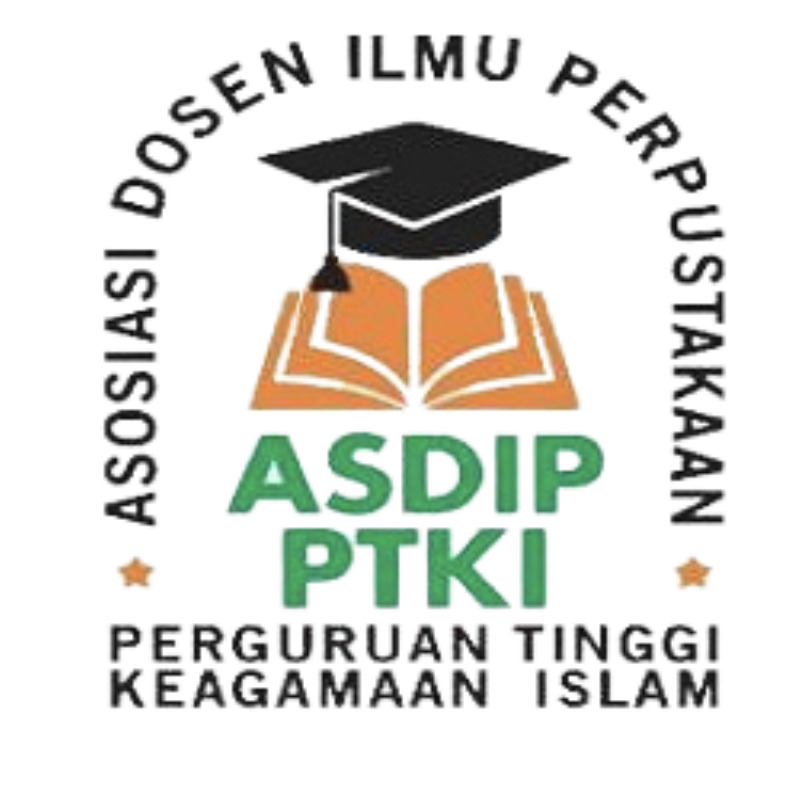Analisis Kebutuhan Informasi Tenaga Pendidik Pada Anak Penyandang Disleksia Di Sekolah Luar Biasa Amal Mulia Yayasan Dharma Bhakti Kesejahteraan Sosial Kota Bengkulu
DOI:
https://doi.org/10.29240/tik.v7i2.8590Keywords:
Kebutuhan Informasi, Tenaga Pendidik, DisleksiaAbstract
Educators have a very important role to improve the ability of students in the teaching and learning process. The tasks and roles of educators can be achieved well if educators have qualified information needs. This research focuses on the information needs of educators in educating dyslexic students. The purpose of this study was to determine the information needs of educators in dyslexic children at SLB Amal Mulia Yayasan Dharma Bhakti Social Welfare Bengkulu City in the learning process. The qualitative method is descriptive and has 3 information as data sources, observation interview techniques and documentation. The results showed in terms of psychological needs, affective needs, cognitive needs where all aspects of educators have implemented well, but there is still a need for further development in accessing information needs. The information needs of SLB Amal Mulia educators, Yayasan Dharma Bhakti Social Welfare Bengkulu City, have good enough knowledge in educating dyslexic students even though they do not have basic skills as special educators. This can be seen from the ability of educators to access information needs, evaluate information needs and use information as well as possible to educate dyslexic students in the teaching and learning process to run effectively and efficiently.
Downloads
References
Alimin, T. dan K. (2003). Kebutuhan Informasi Manusia: Sebuah Pendekatan Kepustakaan Oleh : Tawaf dan Khaidir Alimin Pegawai Perpustakaan Wilayah dan Perpustakan UIN Suska Riau Abstract. 50–59.
Amin, B. (2018). Parental Acceptance terhadap Anak dengan Disleksia dalam Film Wonderful Life. Inklusi, 5(1), 133. https://doi.org/10.14421/ijds.050107
Deanawa, N. aulia. (2016). analisis kebutuhan informasi (.
Fadli, M. R. (2021). Memahami desain metode penelitian kualitatif. 21(1), 33–54. https://doi.org/10.21831/hum.v21i1.
Fajriani, F., & Yulizar, Y. (2020). Solution-Focused Brief Therapy (SFBT) untuk meningkatkan motivasi membaca Murid Disleksia. Counsellia: Jurnal Bimbingan Dan Konseling, 10(1), 28. https://doi.org/10.25273/counsellia.v10i1.5213
Humaira, S. F., Muplihah, Z., Sari, D. M., Qorina, S. A., Anggraini, P., Herros, P. R., & Azzahra, N. (2022). Kesulitan Belajar Membaca (Disleksia) dan Kesulitan Belajar Menulis (Disgrafia) di SDN Cibadak 1 Kecamatan Cikupa. Alsys, 2(1), 109–117. https://doi.org/10.58578/alsys.v2i1.147
Latifah, A. (2015). analisis tenaga pendidik.
Musdalifah, G. (2022). Upaya Meningkatkan Kompetensi Guru Melalui Penerapan. 87–94.
Nurfadhillah, S., Adella, Asfari, A., Anggraeny, D., Sari, N., & Ananda, V. (2022). Analisis Model Pelayanan Pendidikan Bagi Anak Disleksia Dan Disgrafia Di Sekolah Inklusi Sdn Meruya Selatan 06 Pagi. MASALIQ : Jurnal Pendidikan Dan Sains, 2(1), 46. https://ejournal.yasin-alsys.org/index.php/masaliq
Silvana, H., Rullyana, G., & Hadiapurwa, A. (2019). Kebutuhan Informasi Guru Di Era Digital: Studi Kasus Di Sekolah Dasar Labschool Universitas Pendidikan Indonesia. Baca: Jurnal Dokumentasi Dan Informasi, 40(2), 147. https://doi.org/10.14203/j.baca.v40i2.454
Winarsih, S. A. *. (2013). KEBUTUHAN DAN PERILAKU PENCARIAN INFORMASI TARUNA ANGKATAN 46 DI PERPUSTAKAAN POLITEKNIK ILMU PELAYARAN SEMARANG Winarsih,. 2, 9–17.
Yuliana, D., & Khotim, N. S. (2022). Strategi Guru Dalam Pembelajaran Bagi Siswa Disleksia Di Sekolah Luar Biasa Negeri Seduri Mojosari. Aulada : Jurnal Pendidikan Dan Perkembangan Anak, 4(1), 27–48. https://doi.org/10.31538/aulada.v4i1.882
Downloads
Published
Issue
Section
Citation Check
License
Authors who publish with Tik Ilmeu : Jurnal Ilmu Perpustakaan dan Informasi agree to the following terms:
- Authors retain copyright and grant the journal right of first publication with the work simultaneously licensed under a Creative Commons Attribution-NonCommercial-ShareAlike 4.0 International License (CC BY-NC-SA 4.0) that allows others to share the work with an acknowledgment of the work's authorship and initial publication in this journal.
- Authors are able to enter into separate, additional contractual arrangements for the non-exclusive distribution of the journal's published version of the work (e.g., post it to an institutional repository or publish it in a book), with an acknowledgment of its initial publication in this journal.
- Authors are permitted and encouraged to post their work online (e.g., in institutional repositories or on their website) prior to and during the submission process, as it can lead to productive exchanges, as well as earlier and greater citation of published work (See The Effect of Open Access).







 This work is licensed under a
This work is licensed under a 